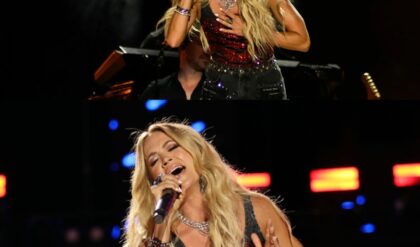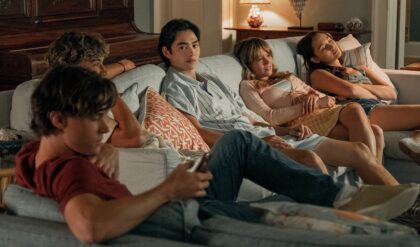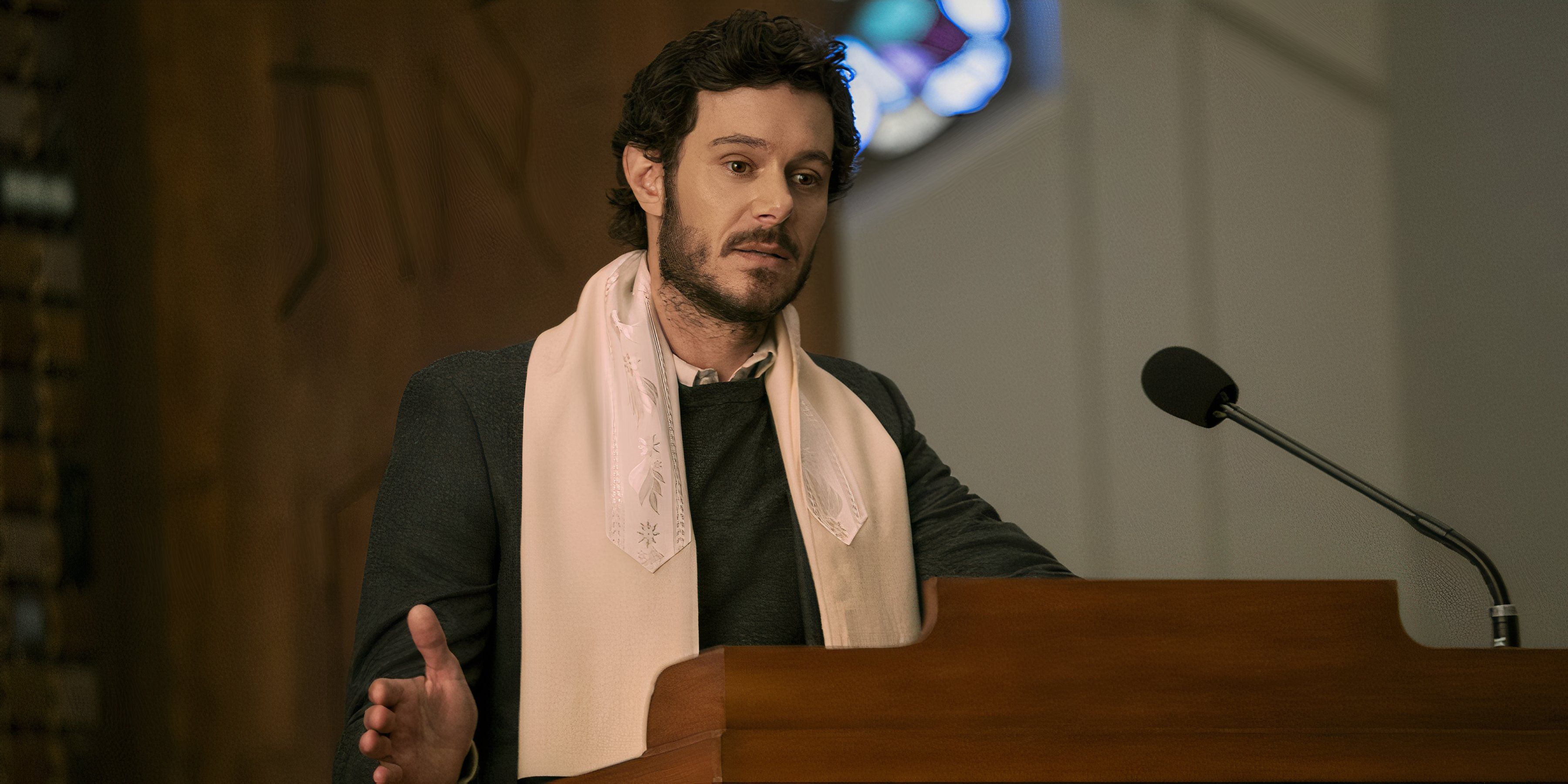
Erin Foster recently responded to the criticism she received in an interview with the Los Angeles Times. Foster stresses that she intended to tell “positive Jewish stories,” and she finds it “interesting” that people would choose to focus on the negative aspects instead of the fact that the show has “a rabbi as the lead.” She wanted to bring her experience to the big screen, and her intention was purely to tell a story that “shed[s] a positive light on Jewish culture.” Check out her comments below:
I think we need positive Jewish stories right now. I think it’s interesting when people focus on, “Oh, this is a stereotype of Jewish people,” when you have a rabbi as the lead. A hot, cool, young rabbi who smokes weed. That’s the antithesis of how people view a Jewish rabbi, right? If I made the Jewish parents, like, two granola hippies on a farm, then someone would write, ‘I’ve never met a Jewish person like that before. You clearly don’t know how to write Jewish people, you don’t know what you’re doing, and that doesn’t represent us well.’
I did feel like someone who’s not Jewish playing a rabbi as the lead in a show that is putting a positive light on Jewish culture felt wrong. That didn’t sit right with me.
What I really wanted to do was shed a positive light on Jewish culture from my perspective — my positive experience being brought into Jewish culture, sprinkling in a little fun, [and] educational moments.
What Erin Foster’s Comments Say About Representation
It’s About Creating More Space For Jewish Stories
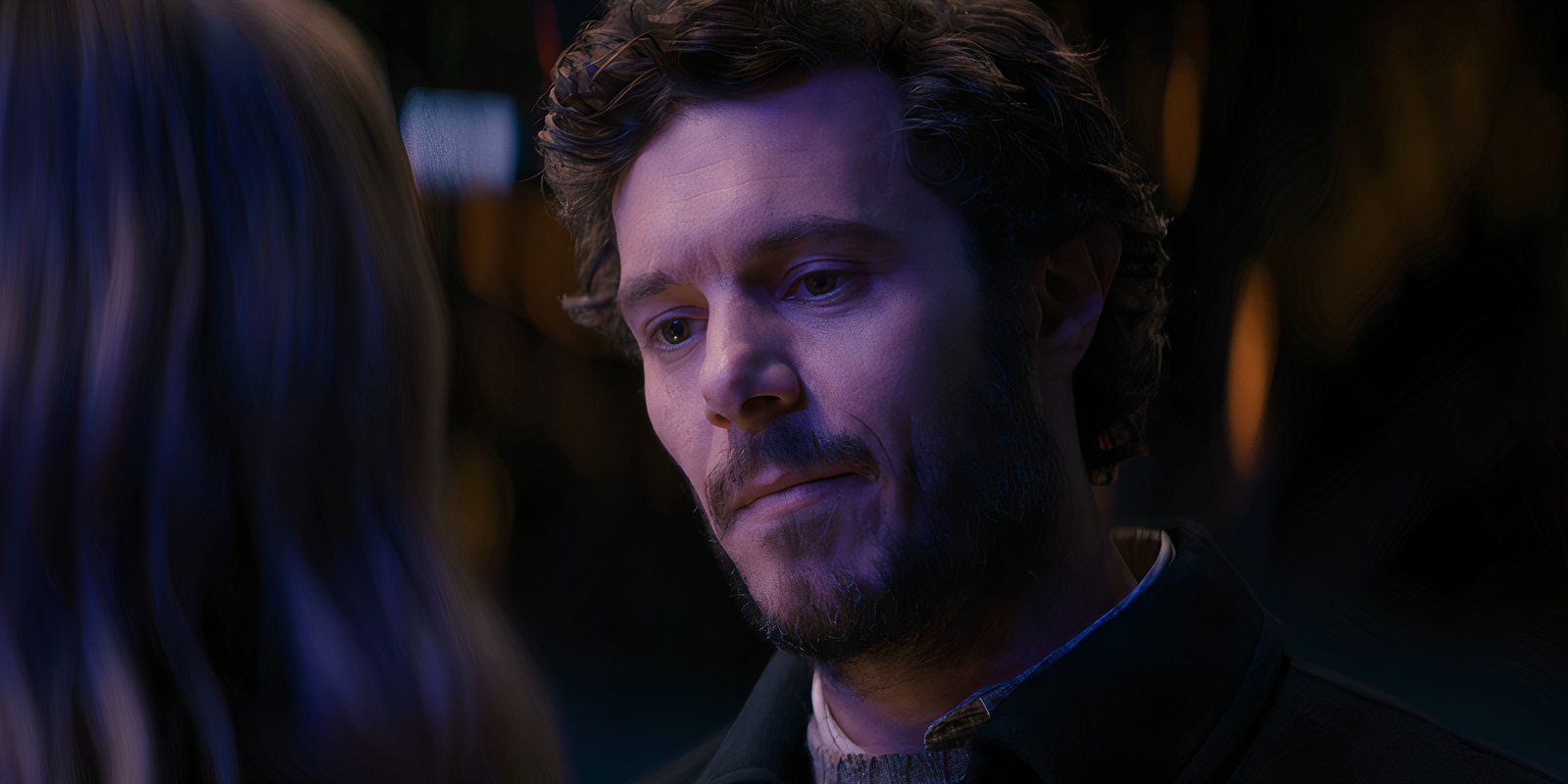
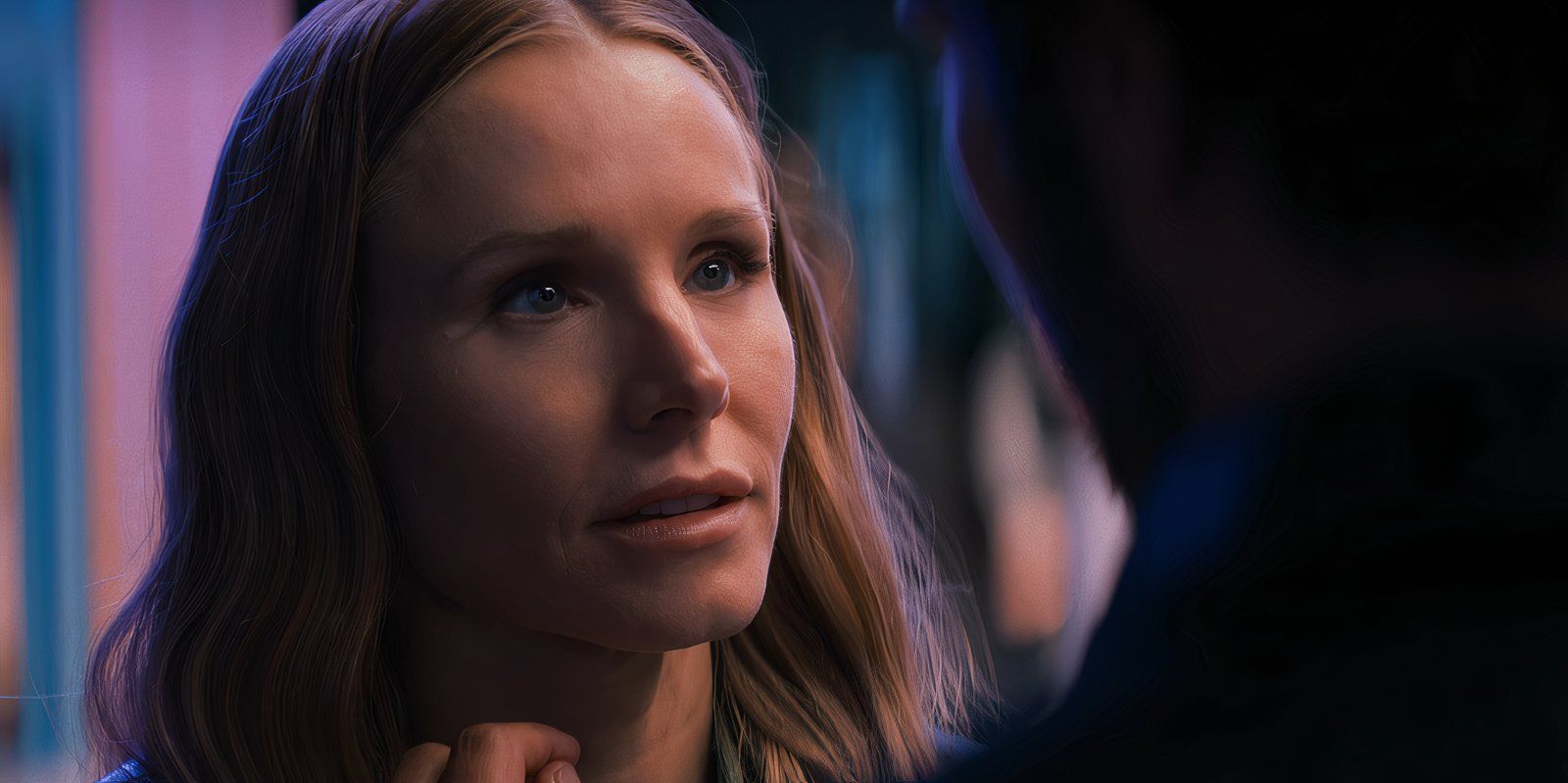
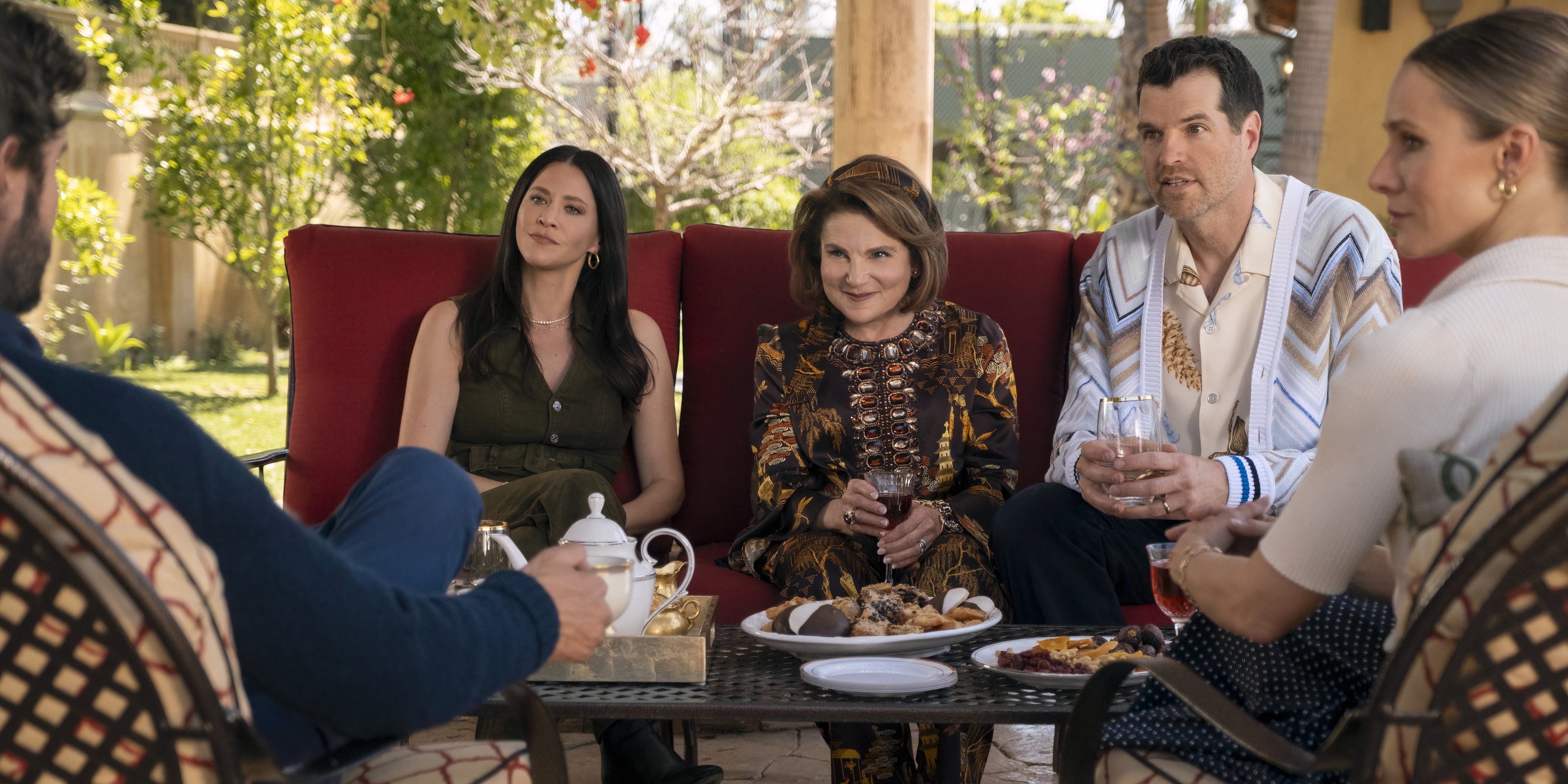
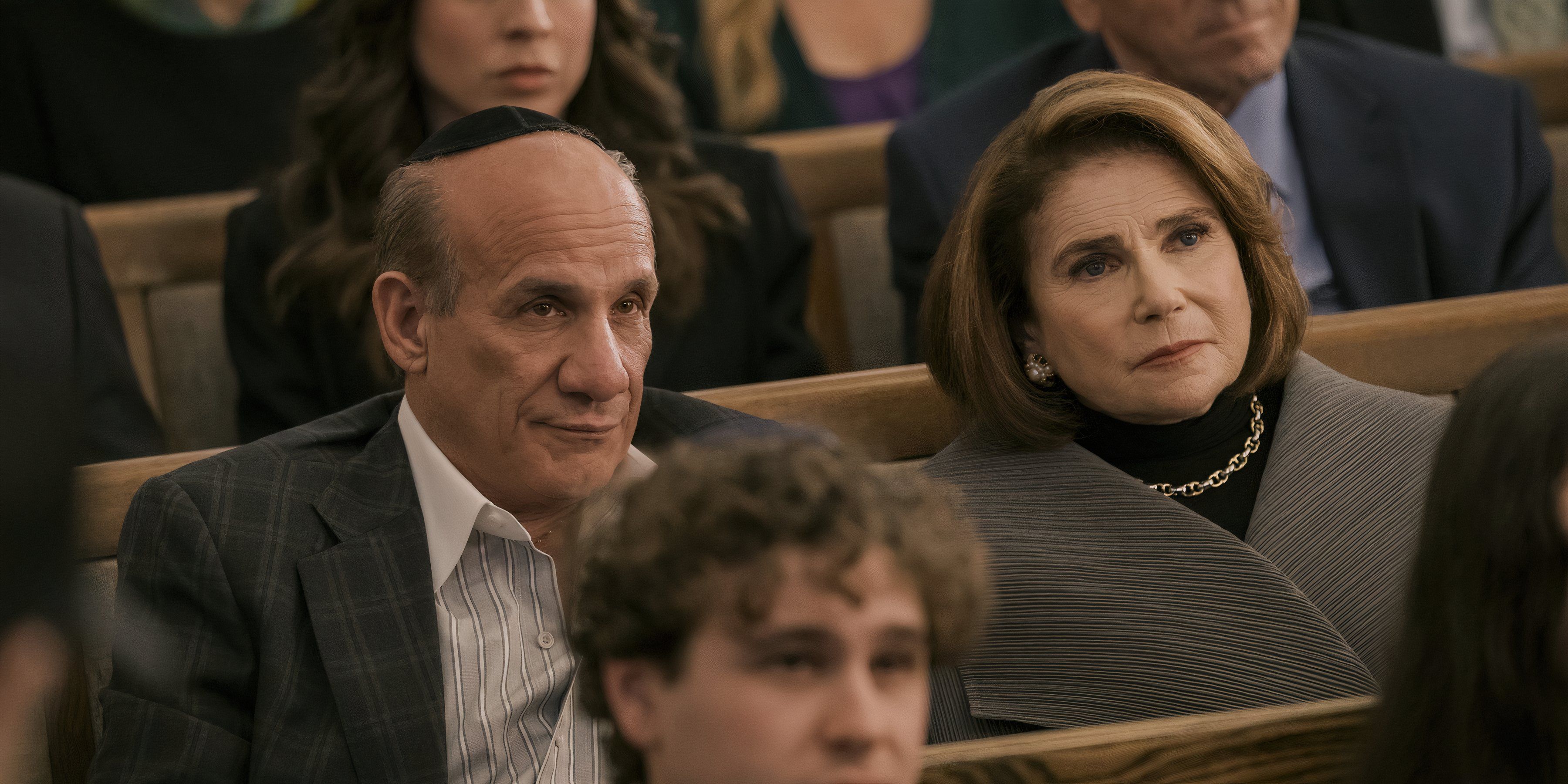
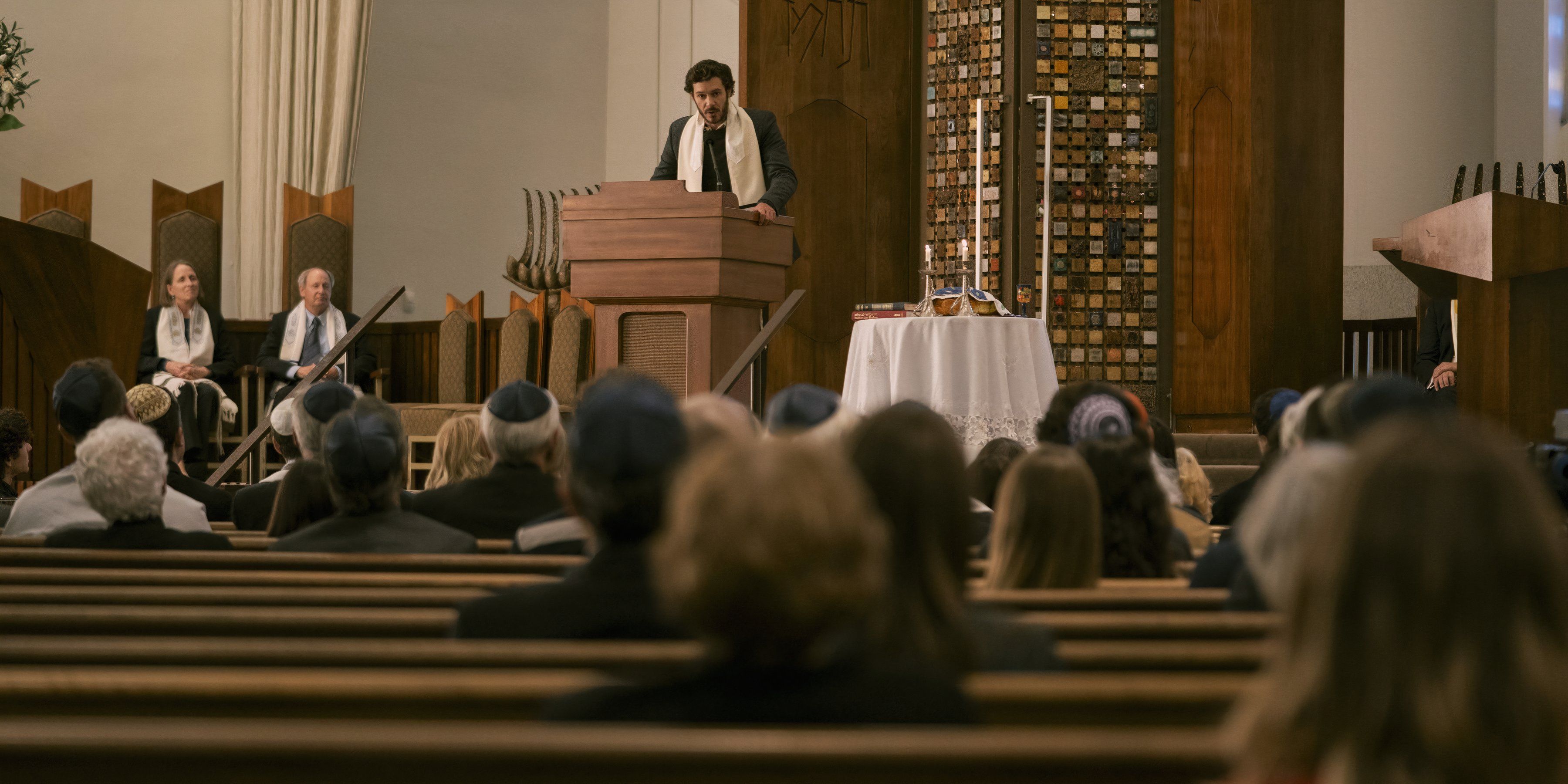





Nobody Wants This is largely inspired by Foster’s own conversion journey after falling in love with her husband. The plot runs parallel to her own experience. In the show, podcast host Joanne falls for “a hot rabbi,” Noah. Due to having different religious beliefs and backgrounds, Noah’s family initially feels reluctant about their relationship, even though Joanne has expressed her intention to convert to Judaism.
It makes sense that some viewers would find the female Jewish characters upsetting given how they are presented in the show.
The series does have less appealing Jewish female characters. As Joanne navigates her relationship and seeks acceptance, she’s bound to receive some pushback. Noah’s sister-in-law at one point called Joanne a “whore” while still favoring Noah’s Jewish ex.
Our Take On the Controversy of Nobody Wants This
Foster Didn’t Tell Someone Else’s Story
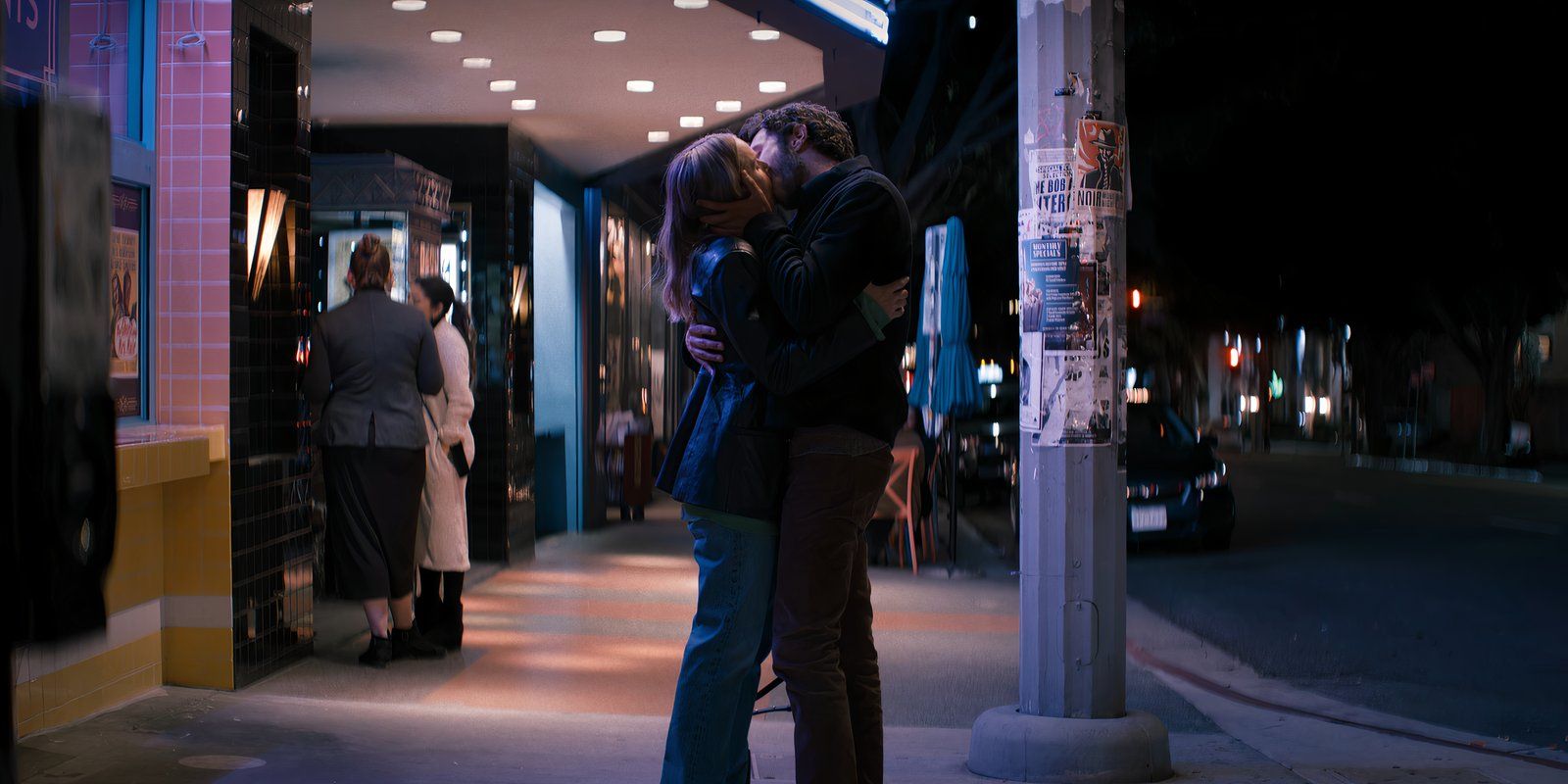
Because of her personal connection with the show, Nobody Wants This has more to do with Foster sharing her voice as a Jewish woman, who wasn’t born Jewish but later chose to join the religion. Her experience is bound to be different from anyone else’s. Nobody Wants This tells a story from Foster’s perspective. She didn’t steal someone else’s voice and make it her own. That’s more important than anything else in cultural appreciation.
On the other hand, even as a rom-com, Nobody Wants This’s depiction of less likable characters could have been approached with more sensitivity. It makes sense that some viewers would find the female Jewish characters upsetting given how they are presented in the show. The show would’ve avoided the backlash by spotlighting more positive examples of Jewish women to balance things out.
